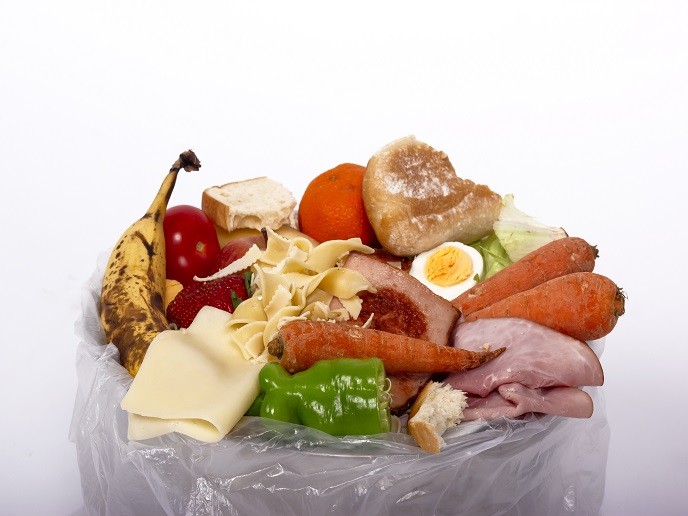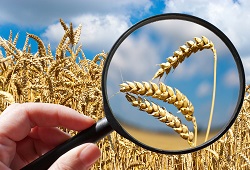Community coalitions cut food wastage
Europe wastes mountains of food. For example, in 2012 alone, the EU-28 wasted a total of nearly 90 million t, or 173 kg per person. The value of the wasted food equals EUR 145 billion. Furthermore, when food is wasted, the resources involved in producing and transporting it are wasted as well. So food wastage is also a greenhouse gas emissions issue. Food waste is responsible for about 6 % of total greenhouse gas emissions. Wastage reduction targets set by the EU include halving waste at retail and consumer levels by 2030, also reducing losses along production and supply chains. The EU also plans to reduce waste management costs and to recover value from unavoidable waste. The EU-funded REFRESH(opens in new window) project helps the EU achieve its target. Building upon an earlier EU-funded project, FUSIONS(opens in new window), REFRESH holistically examined the causes of food waste, and supported improved decision-making for reduction by individuals and industry.
New thinking
“Reduction of food waste is mostly a mindset and behaviour issue,” says project coordinator Toine Timmermans. “The best way to overcome the lack of urgency and progress is to create a broader movement: a complete ecosystem for solutions, to which all players commit.” REFRESH therefore developed negotiated agreements with governments, businesses and local stakeholders to reduce food waste. The agreements detail several recommended changes to EU policy. The changes partly concern the feeding of surplus food to omnivorous livestock (pigs), as well as trading practices that cause wastage in supply chains. Project researchers developed and progressed the National agreement approach in five pilot countries. “Our approach works,” adds Timmermans. “We have progressed coalitions that created a breakthrough. Key is consumer behaviour. Our research has identified key aspects for structural change, with a focus on creating a positive social norm in specific consumer groups.” The impacts of certain pilot interventions are already evident.
Real reductions
The project substantially advanced national collaborative approaches, particularly in Germany, Hungary and the Netherlands. For example, the national public-private coalition in the Netherlands, established with support from REFRESH, reduced the levels of food waste in Dutch households. During 2019, the level was 34.3 kg per person, down 7 kg compared to 2016 and 29 % compared to 2010. Additionally, the project’s blueprint for establishing national coalitions has been used to shape similar initiatives in other Member States. Researchers also developed technologies to reprocess waste or surplus food. This included scaling-up support for existing activities, such as making new marketable food products, or raising insects, from the excess. In addition, the project devised new technologies, including for the production of fuels and chemicals from post-consumer food waste and production of food fibre from a chicory residue. REFRESH concluded in June 2019. Its community of experts will be integrated into the EU Platform on Food Losses and Food Waste(opens in new window) by the end of 2019. Furthermore, several of the national coalitions that the project created will continue, in expanded form, as the Food Waste Free United organisation in the Netherlands, with unchanged goals. With help from REFRESH, the EU is on track to achieve its food waste reduction targets. That will also reduce greenhouse gas emissions.







